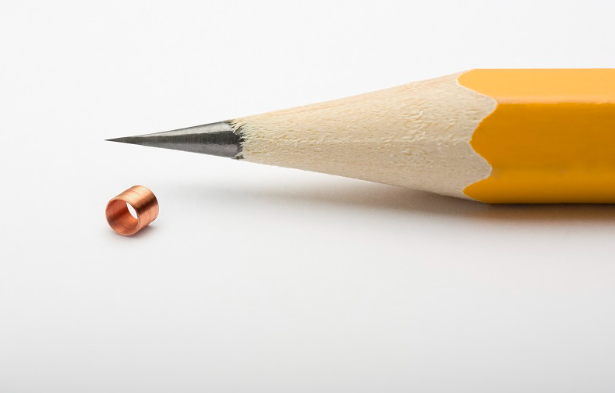Microcoils have significant uses in many fields, including medicine, electronics, automotive, aerospace, and telecommunications. For a coil winding specialist, knowing about these miniature marvels, their advantages, and their many uses to drive innovation and application is important.
What are Micro Coils?
Micro coils are very specific coils with incredibly small diameters that may be measured in millimeters, possibly micros. The wire for these coils has to be wound carefully using the techniques and machines involved. Micro coils act mostly as sources of electromagnetic fields and, therefore, can hardly be imagined in modern technologies.
How Micro Coils are Made
Coil winding specialists use elaborate winding processes to develop complex coils known as micro coils. The process involves:
- Material Selection: Use type wires made from the best material like copper or gold to ensure that they are conductive enough but at the same time malleable.
- Precision Winding: Using highly efficient automated winding machines that are in a position to master the flow of the fine wires and the turns.
- Insulation and Coating: Thin layers of insulation come in play to avoid short circuits and increase the stability of the insulation.
- Testing: Simple tests such as checking operations like resistance inductance, amongst other parameters and tolerance levels.
Advantages of Micro Coils
- Compact Size
Micro coils provide virtually the smallest size due to their ability to fit into intricate and small-sized gadgets. This advantage makes them fit for use in devices such as hearing aids or cardiac pacemakers where space is very restrictive in the design.
- High Precision
The nature of service provision by a coil winding specialist is marked by a high degree of accuracy. This is important for applications that can’t afford to vary in their performance.
- Enhanced Efficiency
Micro coils are developed to achieve high efficiency in electromagnetic fields while using the lowest power and energy levels.
- Versatility
They are versatile in arrangement and setting, making micro coils appropriate for numerous applications.
- Customization
Micro coils are flexible to user needs since they are made according to the required resistance values, turns, and the type of wire.
Applications of Micro Coils
- Medical Devices
Microcoils are a significant aspect of medical applications since they enable the development of sophisticated diagnostic and treatment equipment. Examples include:
- MRI Machines: Micro coils produce the electromagnetic fields used in imaging.
- Pacemakers: The twist that remains of these coils control the electrical signals to maintain the heartbeat.
- Hearing Aids: Small in size and accurate in design for sound reinforcement.
- Aerospace and Defense
Microcoils are critical in developing navigation systems, communication devices, and sensors in aerospace and defense.
- Navigation Equipment: Consumers derive added benefits from high-precision micro coils in improving the performance of navigation systems.
- Satellite Technology: These coils are applied in signal-carrying and power supply systems.
- Consumer Electronics
Microcoils are essential components of most of the consumer devices in use today.
- Smartphones: Applied in wireless charging equipment as well as miniature vibration motors.
- Wearable Devices: Optimise small and scalable power solutions for the fitness tracker and smartwatches.
- Industrial Automation
Micro coils are incorporated into robotic applications and automation devices in industrial applications.
- Sensors: Accomplishing accurate detection and measurement in automatic devices.
- Actuators: These come in play in robotics to provide easy and controlled movements.
Future of Micro Coils
The main potential micro coils customers are industries likely to expand as requirements emerge. Technologies of the fourth industrial revolution, including artificial intelligence, IoT and miniature medical devices, will depend on these components. A coil winding specialist will continue to be central to developing new coil forms and fabrication processes.
Conclusion
Micro coils are essential today, dominated by highly sensitive technologies requiring accuracy, time efficiency, and flexibility. A coil winding expert is crucial in guaranteeing these coils fulfill the rigorous needs of different sectors. Innovation will demand the use of micro coils as part of the future of technology, and their part in this process is yet to evolve.


